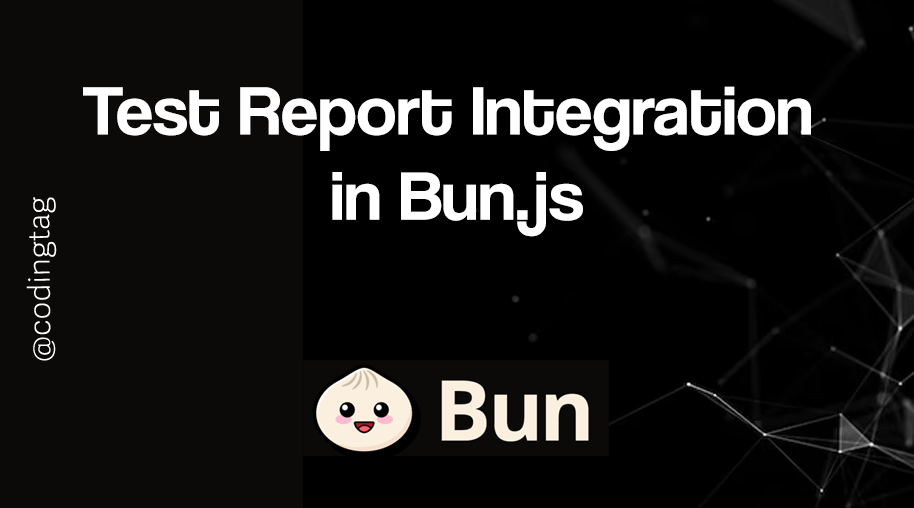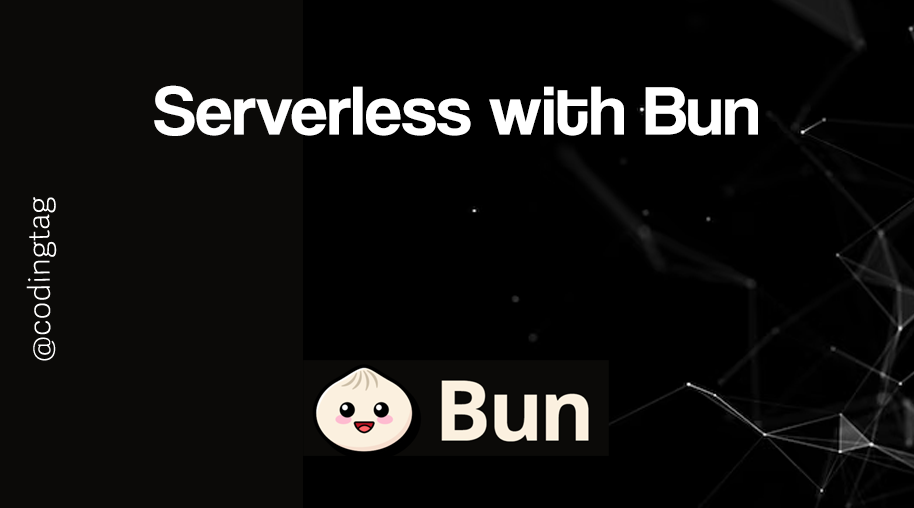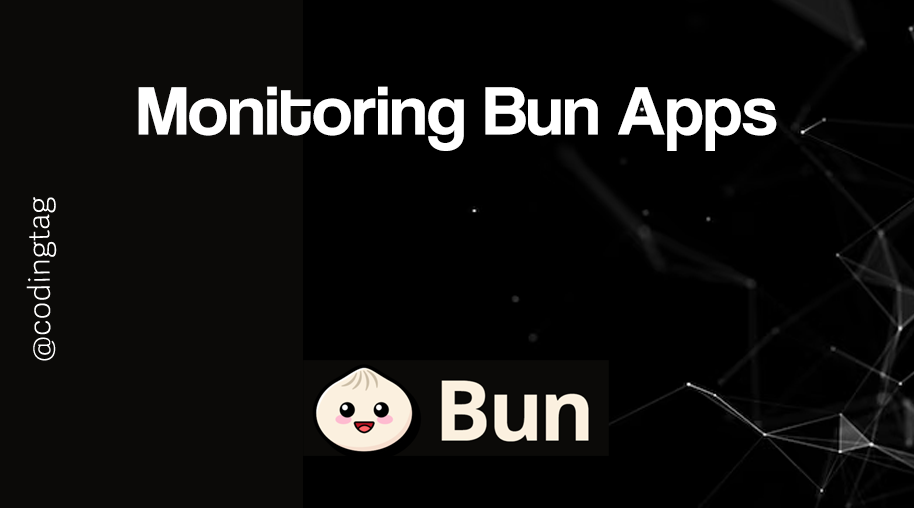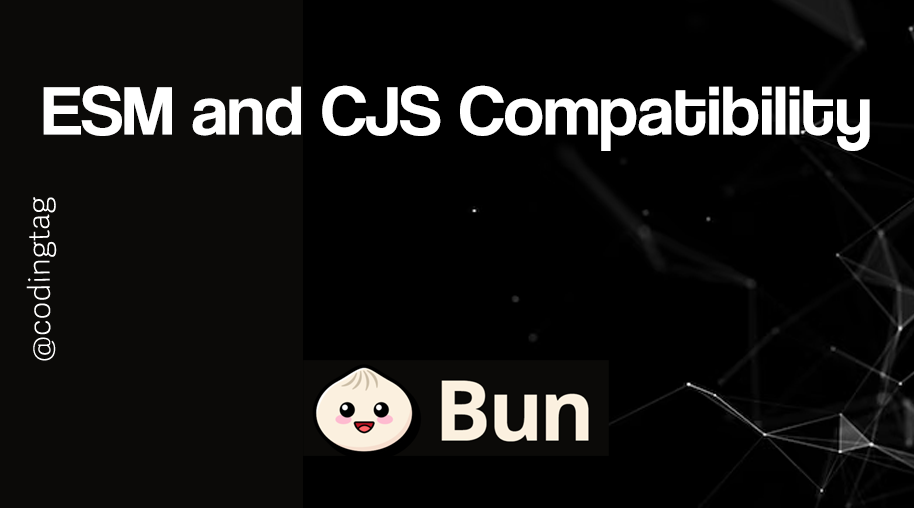Secure Bun APIs
0 898
🔠Introduction to Secure Bun APIs
Building APIs with Bun is fast and efficient — but speed means nothing without security. Whether you're exposing endpoints for internal tools or public-facing services, securing your Bun APIs is essential to prevent unauthorized access, data leaks, and abuse. This tutorial walks you through essential security practices to make your Bun-powered APIs safe and robust.ðŸ›¡ï¸ Enable CORS Safely
Cross-Origin Resource Sharing (CORS) determines which domains can access your APIs. A misconfigured CORS policy can open doors for malicious sites. Bun allows manual header control:const headers = {
"Access-Control-Allow-Origin": "https://yourdomain.com",
"Access-Control-Allow-Methods": "GET, POST, PUT, DELETE",
"Access-Control-Allow-Headers": "Content-Type, Authorization",
};
🔑 Use JWT for Authentication
JSON Web Tokens (JWT) are a standard for securely transmitting data between parties. In Bun, you can use JWT to authorize requests:import { sign, verify } from "jsonwebtoken";
// Signing a token
const token = sign({ userId: 1 }, "your-secret", { expiresIn: "1h" });
// Verifying a token
const decoded = verify(token, "your-secret");
Authorization header:
const authMiddleware = (req) => {
const authHeader = req.headers.get("Authorization");
if (!authHeader) return new Response("Unauthorized", { status: 401 });
const token = authHeader.replace("Bearer ", "");
try {
const payload = verify(token, "your-secret");
return payload;
} catch {
return new Response("Invalid Token", { status: 403 });
}
};
📫 Avoid Leaky Routes & Methods
Don’t expose unnecessary endpoints. Validate and whitelist only the HTTP methods that are required:if (req.method !== "POST") {
return new Response("Method Not Allowed", { status: 405 });
}
🕵ï¸â€â™‚ï¸ Protect Sensitive Data
If your API handles passwords or personal information, always hash sensitive values using a strong hashing algorithm before storing:import bcrypt from "bcrypt";
const hashedPassword = await bcrypt.hash("user_password", 12);
const isMatch = await bcrypt.compare("input_password", hashedPassword);
password, tokens, or internal IDs before sending responses.
📉 Rate Limiting & Abuse Protection
To stop abuse like brute force or DDoS, implement basic rate-limiting logic:// Simple in-memory rate limiter
const rateLimitMap = new Map();
function isRateLimited(ip) {
const now = Date.now();
const limit = rateLimitMap.get(ip) || [];
// Remove old timestamps
const recent = limit.filter(ts => now - ts < 60000); // 1 minute
if (recent.length >= 10) return true; // 10 requests/minute
recent.push(now);
rateLimitMap.set(ip, recent);
return false;
}
429 Too Many Requests response if the IP exceeds the limit.
🧯 Use HTTPS Always
Never expose your Bun API over plain HTTP. Use HTTPS either directly (with self-signed certs for internal services) or through a reverse proxy like Nginx or a cloud load balancer. This ensures all data between client and server remains encrypted.🔠Add API Keys for Extra Control
If your Bun API is being accessed by other services, you can add API key validation for simple access control:const isAuthorized = (req) => {
const key = req.headers.get("x-api-key");
return key === Deno.env.get("MY_API_KEY");
};
📊 Logging & Monitoring
Implement structured logging to track request patterns, suspicious behavior, and failed attempts. This will help you identify threats and unusual activity:console.log(JSON.stringify({
ip: req.headers.get("x-forwarded-for"),
route: req.url,
status: res.status,
timestamp: new Date().toISOString(),
}));
🔚 Conclusion
Securing your APIs isn't a one-time task — it’s an ongoing commitment. With Bun's simplicity and performance, adding security doesn't mean sacrificing speed. By combining JWT authentication, CORS control, rate-limiting, HTTPS, and secure data handling, you can confidently build and expose powerful APIs without leaving vulnerabilities behind. Keep it fast. Keep it safe. Secure your Bun APIs from day one! 🔒If you’re passionate about building a successful blogging website, check out this helpful guide at Coding Tag – How to Start a Successful Blog. It offers practical steps and expert tips to kickstart your blogging journey!
For dedicated UPSC exam preparation, we highly recommend visiting www.iasmania.com. It offers well-structured resources, current affairs, and subject-wise notes tailored specifically for aspirants. Start your journey today!

Share:







Comments
Waiting for your comments